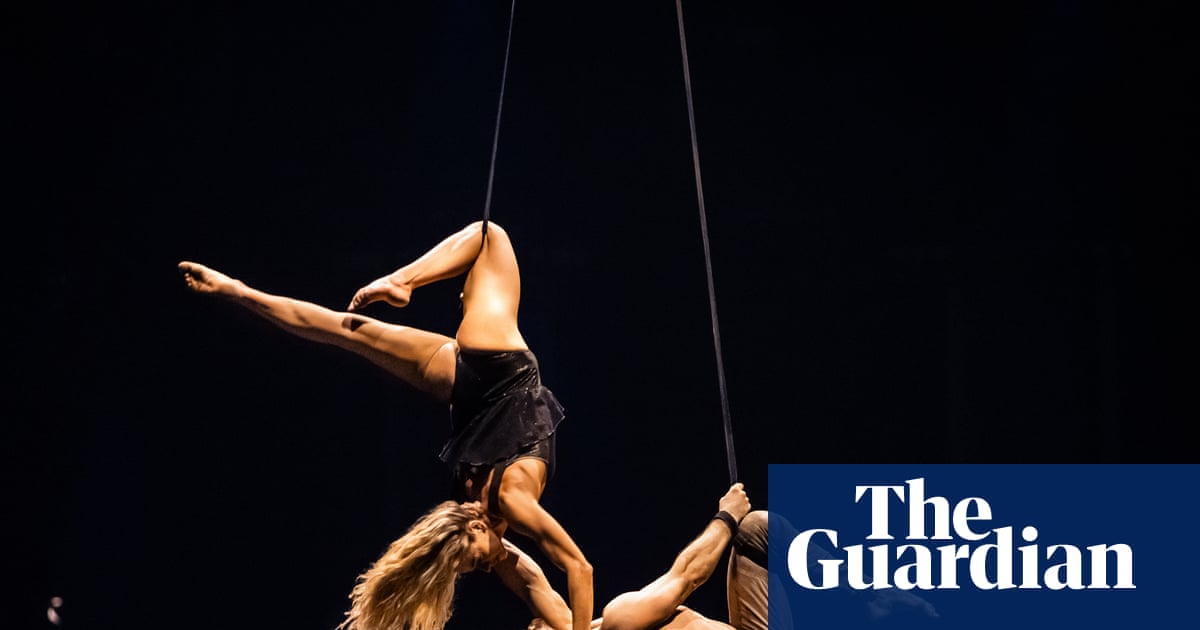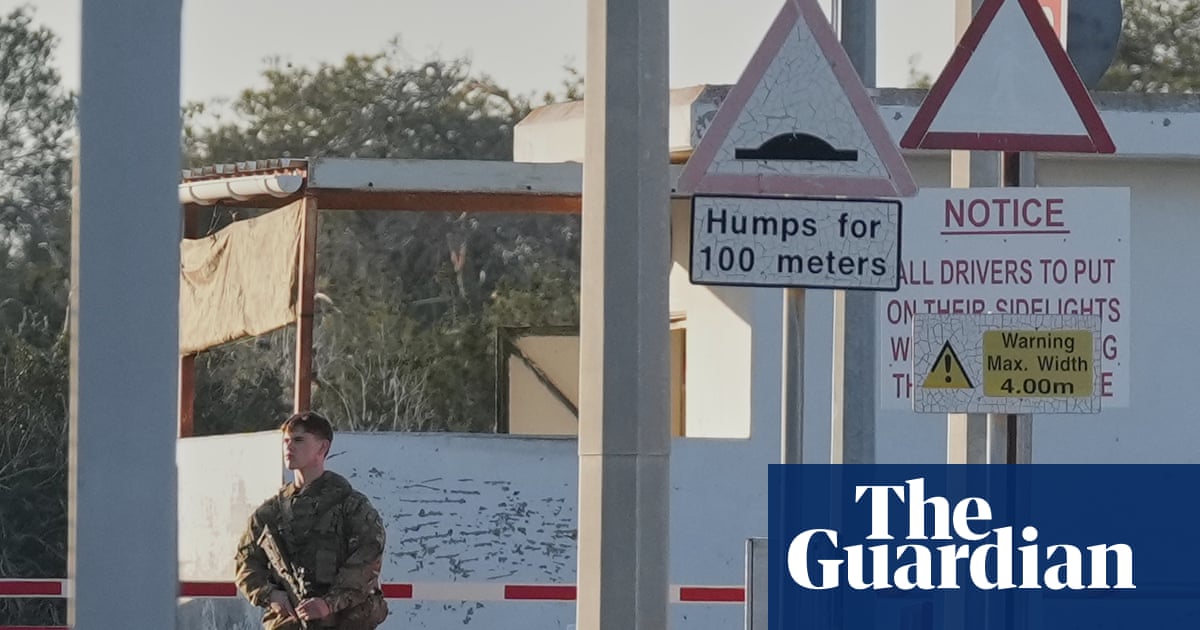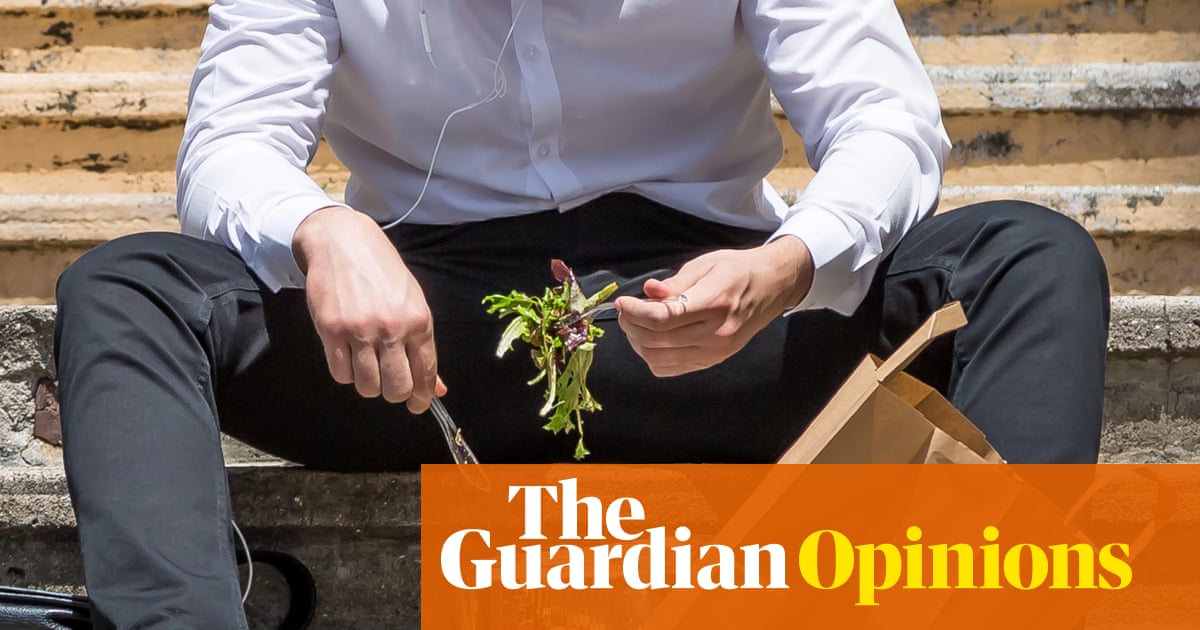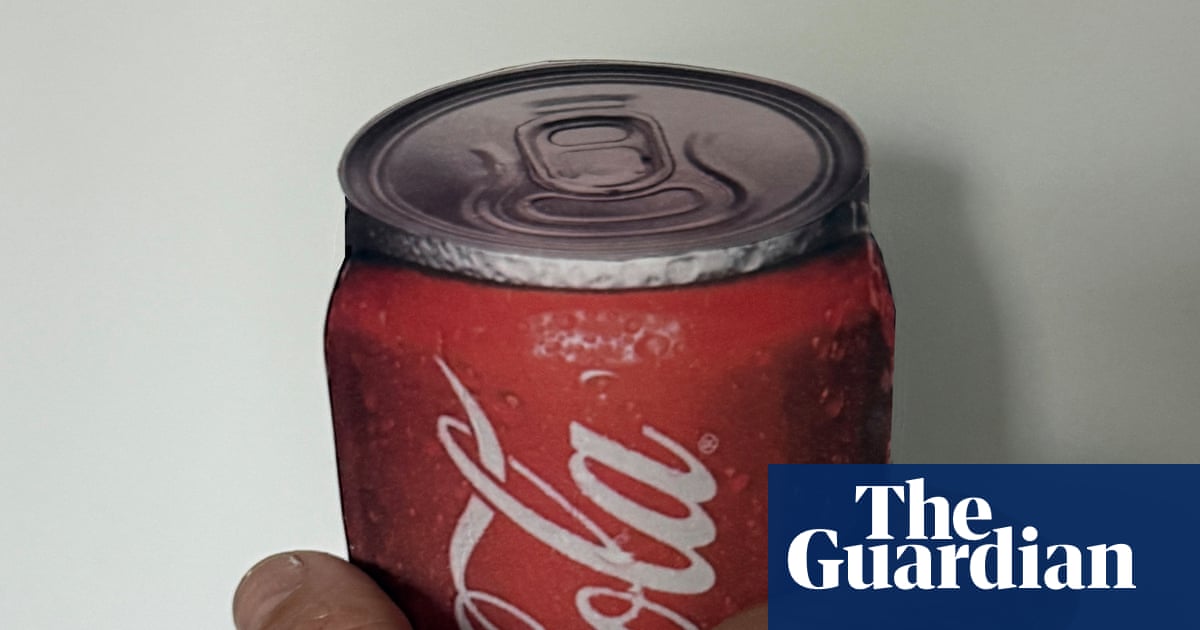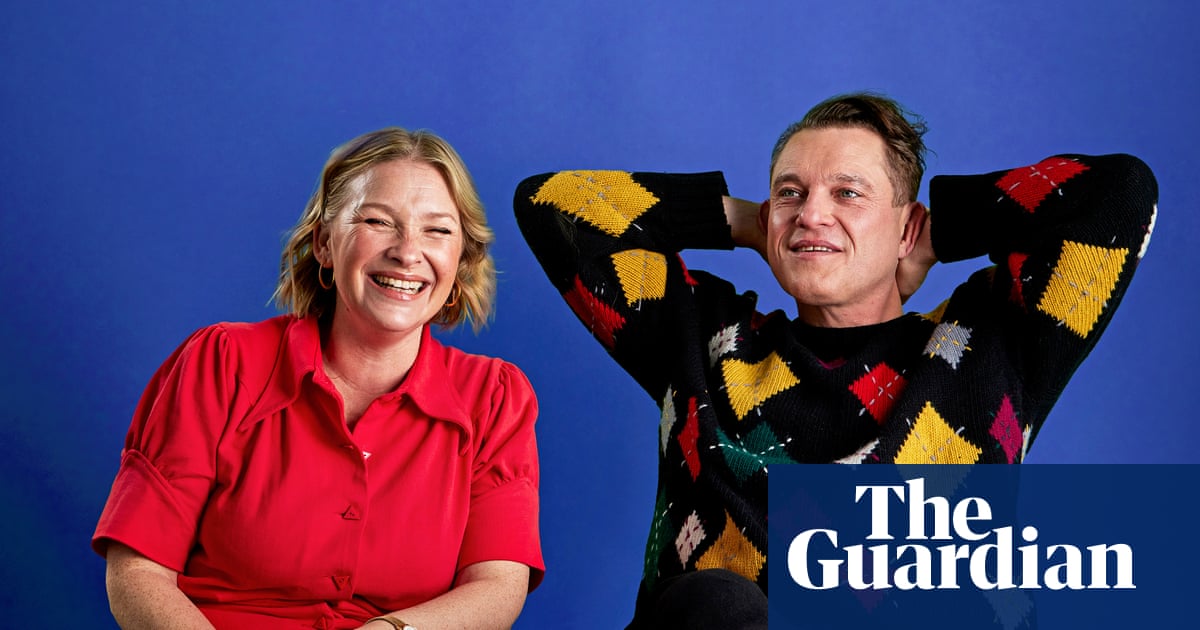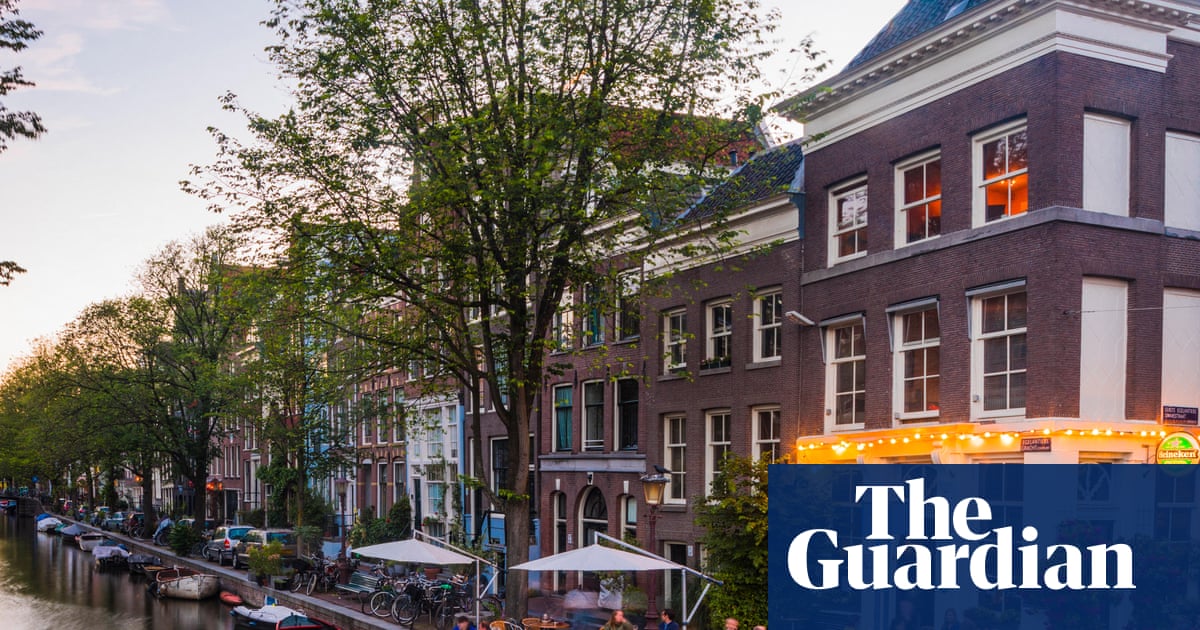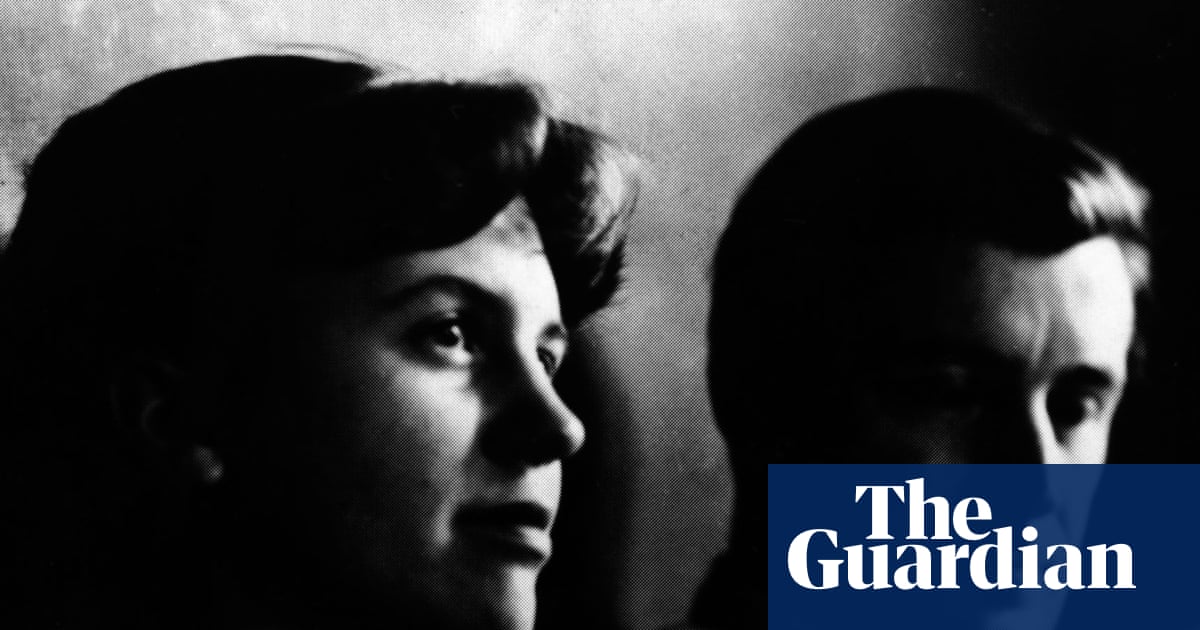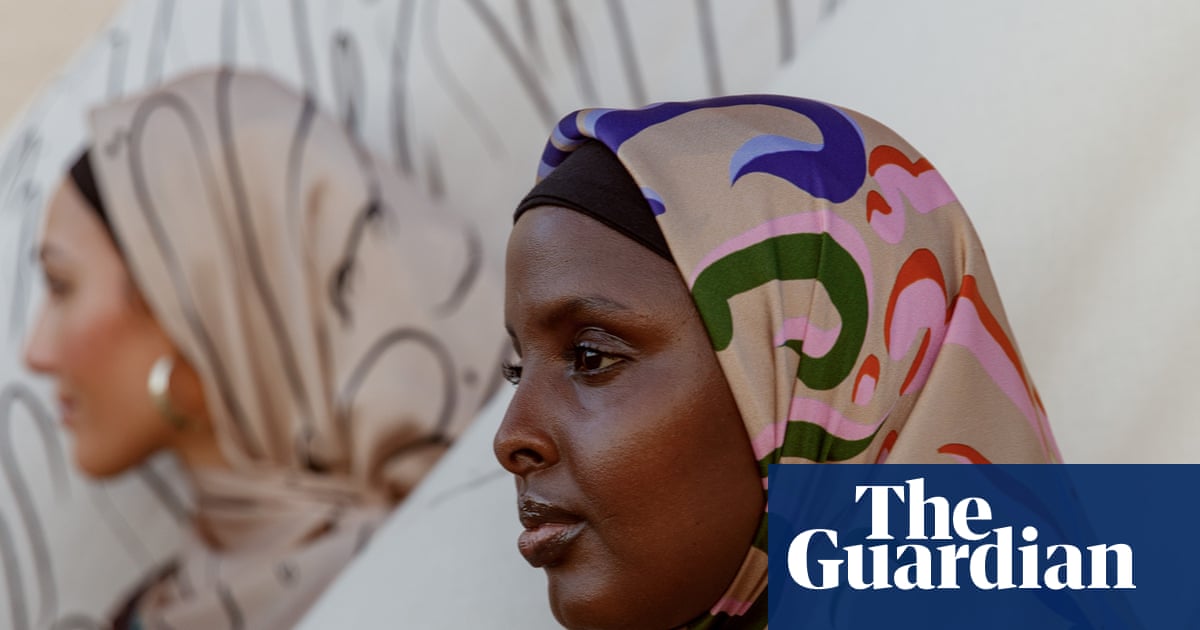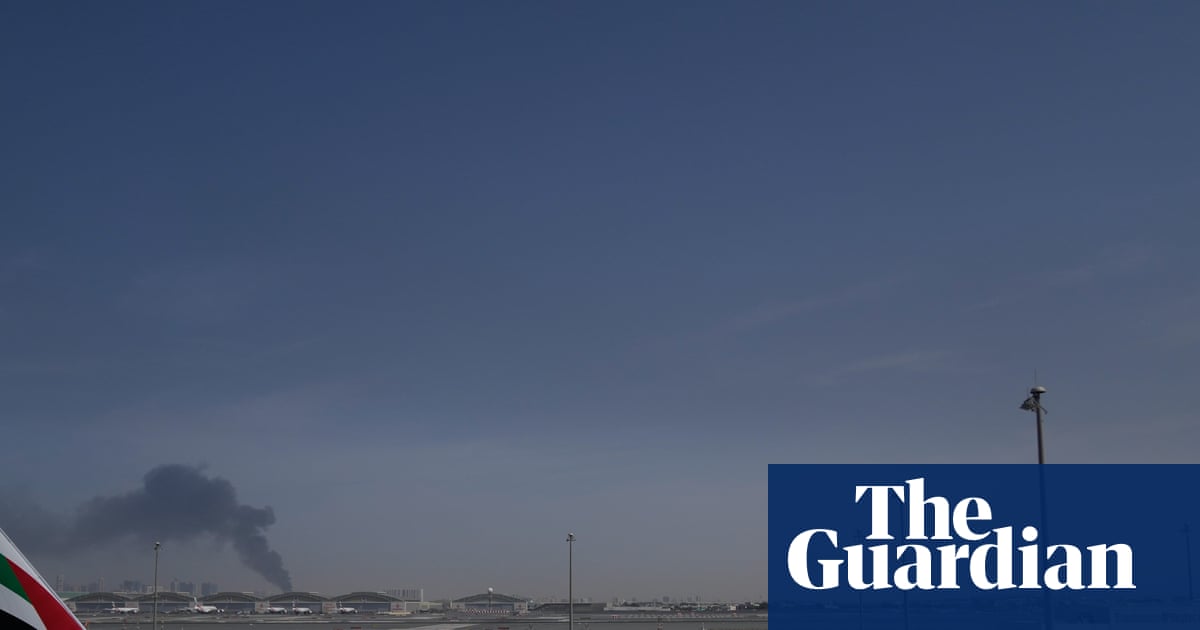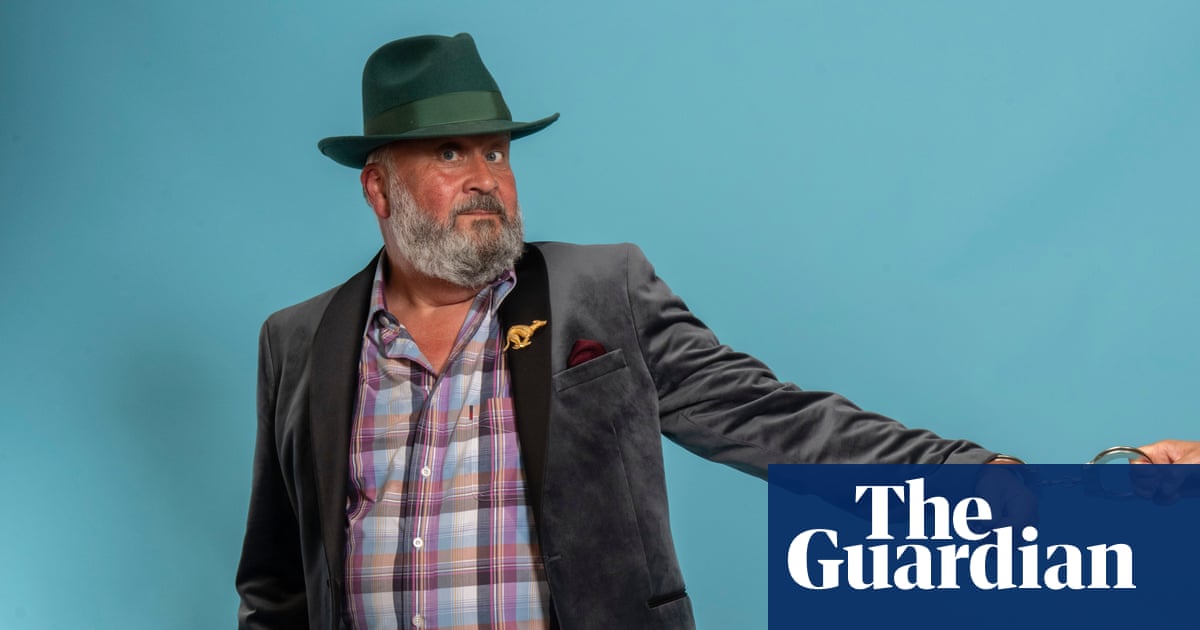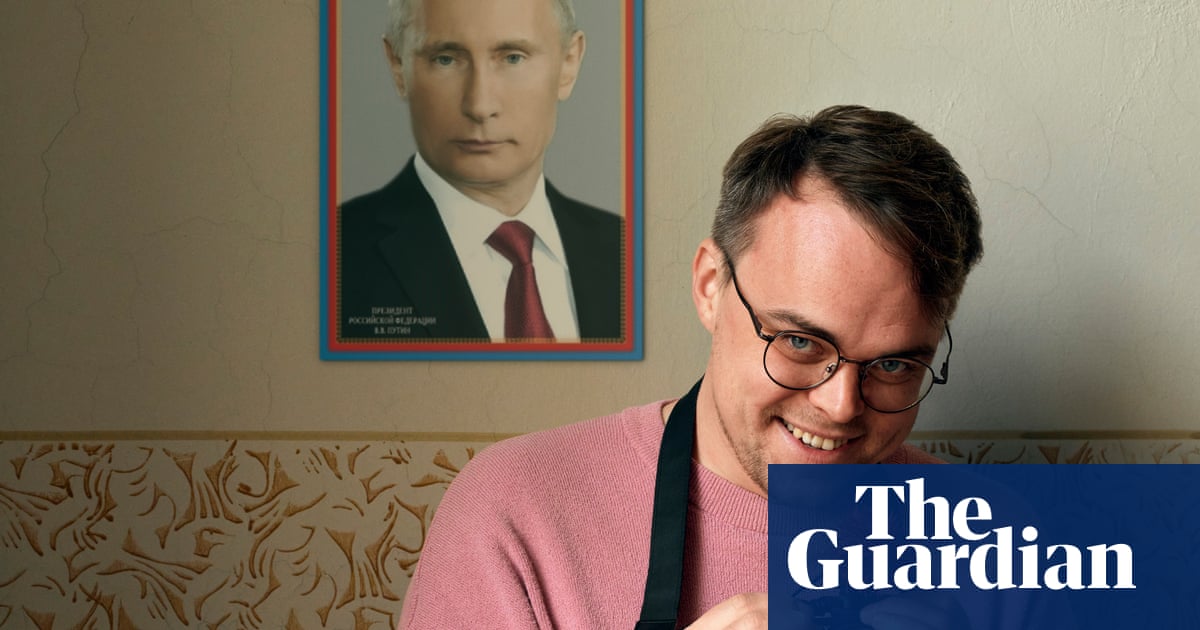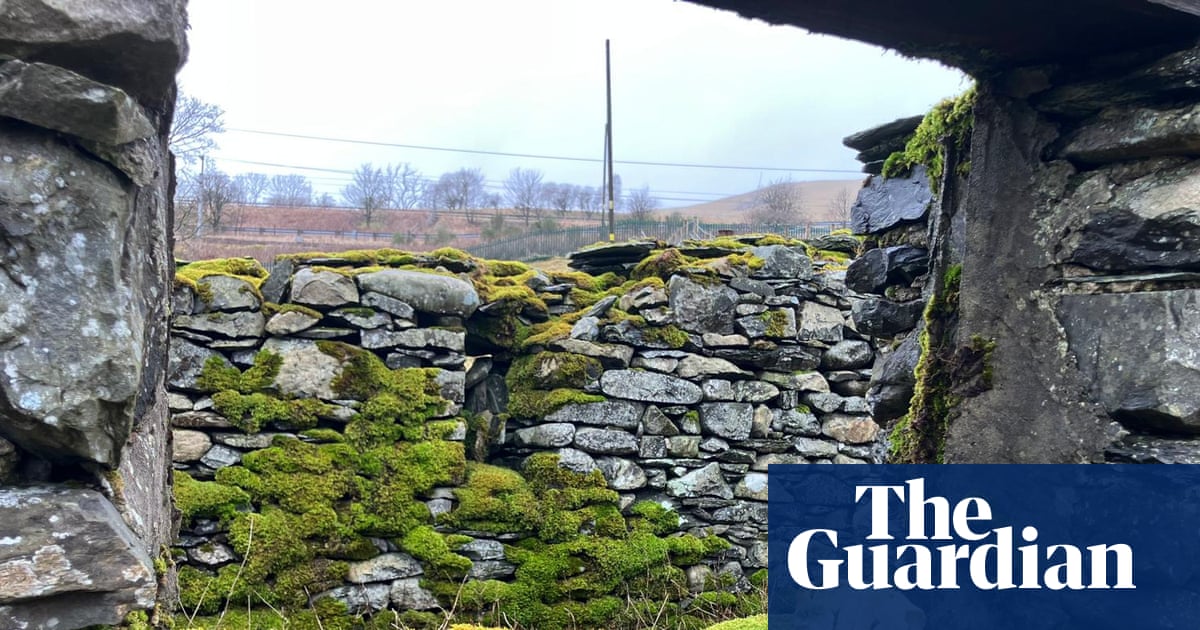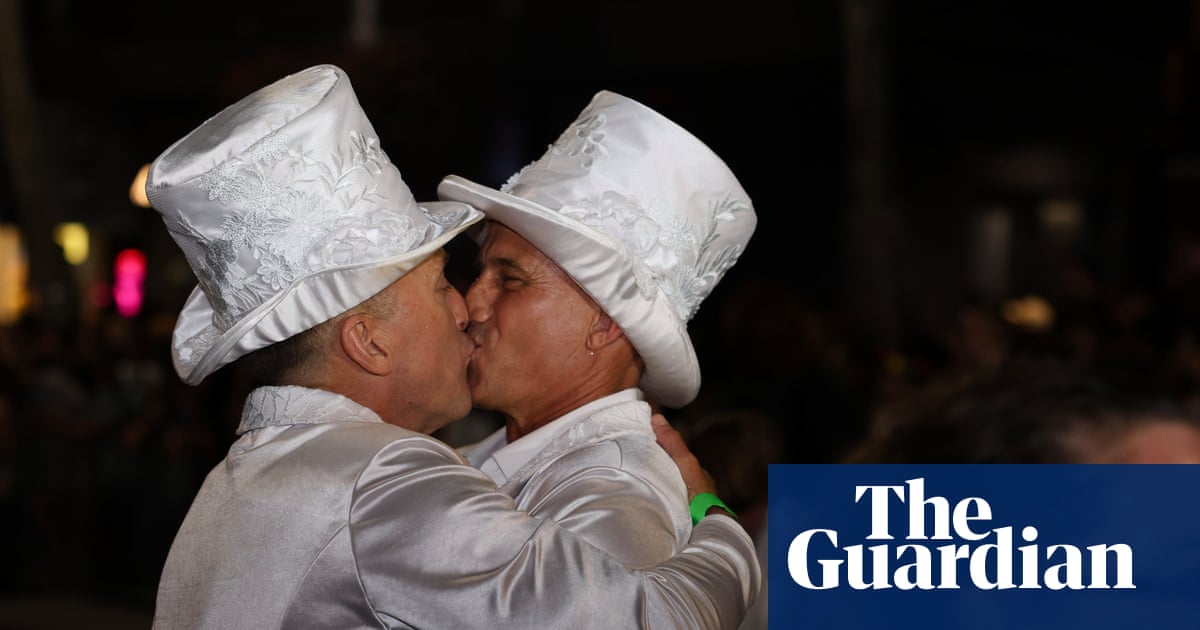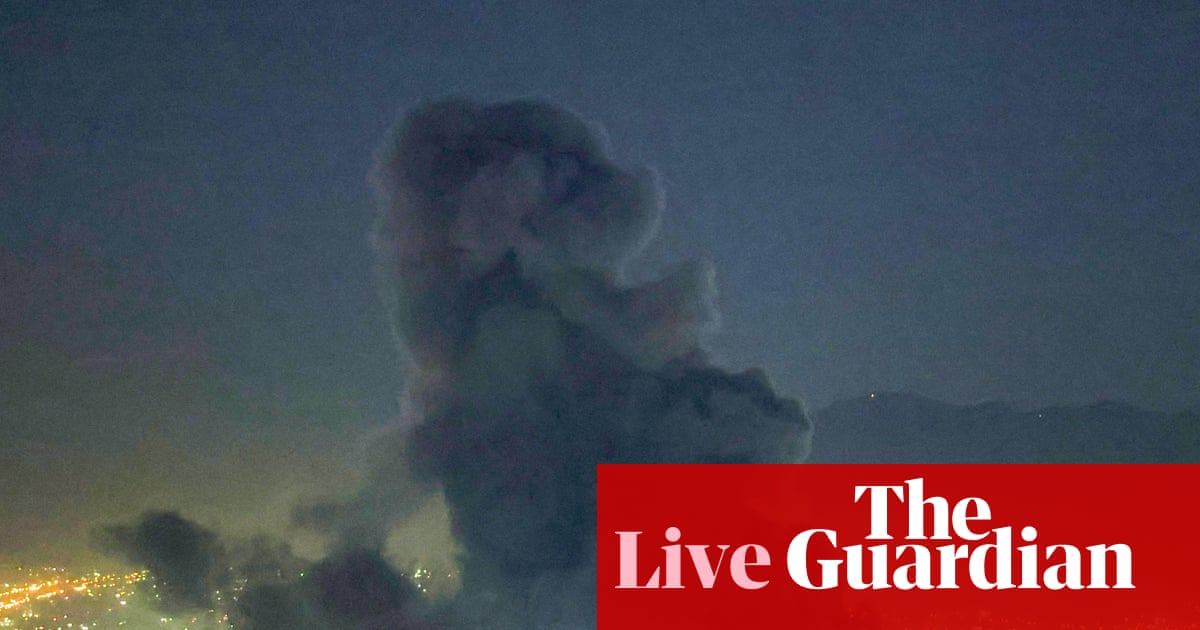“Why me?” “Why evil?” and “Why God?”
According to theologian and psychologist Karen McClintock, these are the three key questions that a person will ask of their faith in the aftermath of trauma.
Normally, a person goes about their life, making meaning of everything that happens to them, slotting it into a world that makes sense. Psychologist Bessel van der Kolk explains that a traumatic event short circuits this process. Trauma overwhelms a person, rendering them unable, in the moment, to integrate the event into their lives.
In the context of spirituality, trauma is a hand grenade, exploding two of spirituality’s primary functions: to help a person make meaning and feel at home in the universe. A survivor of trauma has two choices. They can develop a new way of making sense of the world; or live with existential despair, believing that nothing can ever make sense again.
For many years, I opted for the latter. I think of my seven-year-old self, struggling to understand why my sister had been given cancer by a loving God. The cancer was real, ergo God wasn’t. My childhood attempt at making meaning of something as meaningless as my sister’s brain tumour shaped the next 40 years of my life.
It’s only recently that I have learned to view my departure from religion through the lens of childhood trauma. Psychologist Judith Herman writes that a trauma survivor “stands mute before the emptiness of evil, feeling the insufficiency of any known system of explanation”. A survivor faces the challenge of becoming “a theologian, a philosopher, and a jurist […] to articulate the values and beliefs that she once held and that the trauma destroyed”.
Researchers Maxine Harris and Roger Fallot first introduced the idea of “trauma-informed care” in 2001, and described five principles: safety, trust, choice, collaboration and empowerment.
Safety includes physical, psychological and spiritual dimensions. Someone who feels spiritually safe feels comfortable to express, explore and yet question their fundamental beliefs and values.
I don’t think I ever felt spiritually safe, even before my sister’s diagnosis. I had a child’s understanding of my religion: believe in God, go to heaven; don’t believe in God, go to hell. It was not safe to engage in the questioning and re-framing that the trauma of her illness required.
Trauma doesn’t always break a person’s connection to God. For some, it deepens and expands their understanding of their faith. In Leigh Sales’s book Any Ordinary Day, former University of Sydney vice-chancellor Michael Spence explains that the loss of his wife to cancer deepened his Anglican faith. After she died, he maintained a list of the ways in which he felt that God was still looking out for him. Spence’s religious worldview did not shatter; it expanded to include his grief.
It’s only in the past 10 years that I have felt spiritually safe enough to find a position closer to, say, Sam Harris than Richard Dawkins. Years of therapy and the good fortune of a loving family of my own have enabled me to engage with the possibility that there might be more to the universe than cosmic chaos.
God and I had a pretty acrimonious divorce the first time around. I don’t use the word “god” and I don’t believe in a deity. But I am open to mystery. I am softening towards the idea that the universe may bend towards life. I don’t have to forgive a god if I don’t believe in one. But that doesn’t mean I can’t forgive myself.
-
Jackie Bailey is the author of The Eulogy, the winner of the 2023 NSW Premier’s literary multicultural award. When not writing, she works as a funeral celebrant and pastoral care practitioner, helping families navigate death and dying

.png) 3 months ago
49
3 months ago
49

